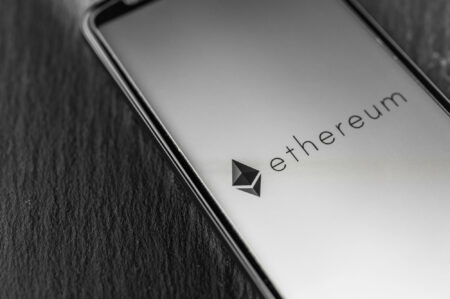What happened this week in the world of blockchain and cryptocurrencies? The most relevant local and international events, as well as interesting background reports, summarized in our weekly review.
Selected articles of the week:
After the SEC approved spot ETFs for Bitcoin and Ethereum for the first time in 2024, numerous applications followed for Solana (SOL), XRP, and other altcoins. Analysts consider approval of these funds likely. However, the SEC has yet to approve any. In May, the agency postponed its decision on spot Solana ETFs from Bitwise and 21Shares. Still, one application was officially acknowledged as early as February—an important step, as the SEC had regularly rejected such filings in the past. A decision deadline is now set for October 2025. In addition, the SEC recently asked ETF issuers to revise their S-1 registrations, which suggests that approval may be imminent.
The US Securities and Exchange Commission (SEC) has asked issuers of exchange-traded Solana funds (ETFs) to update their S-1 filings.
Only $50 million fine for Ripple
After nearly five years of legal dispute, Ripple and the SEC want to settle their conflict. They jointly petitioned to lift the sales restriction imposed in 2024 and to split the $125 million fine. The conflict began in December 2020 when the SEC accused Ripple of selling XRP as an unregistered security. In July 2023, a court ruled that direct institutional sales violated securities law, while exchange sales were legal. In August 2024, a judgment followed with a sales ban and a $125 million fine—initially locked in an escrow account. Now, $50 million is to go to the SEC, with the remainder staying with Ripple.
Ripple and SEC file motion to lift XRP sales ban and split 125 million USD penalty – end of legal battle in sight.
First dollar stablecoin by a European bank
Société Générale will launch the stablecoin USD CoinVertible (USDCV) in July through its subsidiary SG-FORGE. The token is fully backed by US dollars and custodied by BNY Mellon. This makes SocGen the first European bank to issue its own dollar stablecoin. USDCV is regulated under MiCA as an e-money token and targets both institutional and retail investors. Planned use cases include on-chain trading, cross-border payments, FX, and cash and collateral management. Listings on multiple exchanges are planned. Traditional banks are gradually securing their place in the stablecoin market.
Société Générale launches USD stablecoin USD CoinVertible on Ethereum & Solana – first major euro-based stablecoin banking initiative.
Pilot project for CBDCs
The Hong Kong Monetary Authority (HKMA) is conducting a pilot project to test real-time payments between Central Bank Digital Currencies (CBDCs) and stablecoins. Participants include Visa, Fidelity, and ANZ. Chainlink’s Cross-Chain Interoperability Protocol (CCIP) is being used to enable seamless connections across different blockchains. The focus is on real-time exchange of tokenized e-HKD for the Australian stablecoin A$DC. The goal of the test is to trial cross-border payments using central bank digital currencies.
Hong Kong tests Chainlink CCIP for cross-border CBDC payments – pilot project links e-HKD with stablecoins and smart contracts.
Rise in crypto fraud
In addition: Global crypto exchange Bitget has released an Anti-Scam Report in collaboration with SlowMist and Elliptic. According to the report, $4.6 billion was stolen worldwide through crypto fraud in 2024—often involving AI. Deepfakes, social engineering, and automated trojans make scams more effective and harder to detect. Instead of simple phishing emails, criminals now use fake Zoom interviews, fraudulent NFT or DeFi projects, and deceptively realistic videos. Particularly dangerous are social engineering attacks via Telegram or Discord, where users are tricked by supposed admins into revealing access to their wallets.
Bitget report reveals: USD 4.6 billion lost to AI-driven crypto fraud – new measures and protection systems in focus.









